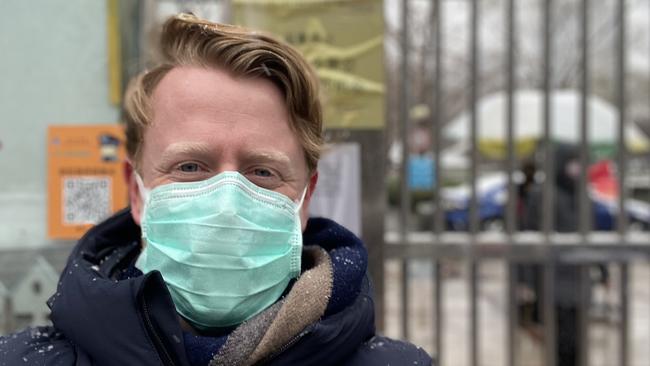
The reason for our absence is simple. Australian journalists working for Australian media aren’t in China because the Chinese government won’t issue us visas. I should know. I’ve been asking for a visa to report in China since the country dismantled its Covid-zero regime in December. I’m writing this after my latest attempt to get a short-term journalism visa was blocked by the “relevant authorities” in Beijing.
“They are very cautious,” a Chinese diplomat told me as he relayed the news of my fresh rejection. This request was to cover the Socceroos’ game this Thursday against Argentina at the Workers’ Stadium, near where I lived when I was based in Beijing in 2020.
For weeks, the signs were promising. China Rainbow International Investment Group, the company sponsoring the game (with the Chinese government’s approval, of course), issued me a letter of invitation. That letter arrived after China’s public security bureau and the Chinese Football Association conducted a “preliminary review” of my record.
Chinese diplomats sounded favourable. They were also keen to share their thoughts on how I should report on the occasion.
“Let your people understand that we attach great importance to the bilateral relationship. That’s why the (Australian) national team has been invited,” one told me.
I suggested an interview with someone in the Chinese government would allow them to make that point themselves. That idea was promptly dismissed. “Focus on sports issues,” the Chinese diplomat advised, adding that my coverage would be closely read.
Obviously it was to be a tightly constrained reporting assignment, but it was still a chance to get on the ground in China for the first time since I spent 10 days in the Beijing Winter Olympics bubble in February 2022. I’m still of the view that time in China – with your eyes open – is worth the headaches for an Australian journalist, an opinion my wife, not without reason, wishes I would move on from, and fast.
So off I headed to the closest Chinese Visa Application Service Centre from my home in Taipei. Hong Kong’s China visa centre, perched 20 floors up Wan Chai’s Capital Centre, was heaving when I arrived for my 3-3.45pm appointment.
Most of us had been through the Kafkaesque process of applying for a Chinese visa many times before, but a few newbies stood out.
“I need to get to China by Saturday!” a young Frenchman pleaded to the security guard at the entrance. It was Wednesday afternoon. He had walked in without booking an appointment. He hadn’t filled in the eight-page online form. He didn’t even have a visa photo. There was no way he was going to make it to the People’s Republic of China by the weekend.
Another apparent China visa rookie, a middle-aged Australian in singlet and shorts, was getting increasingly desperate.
“I have a two-month visa for China,” he told one of the visa centre’s harried staff. He had come to Hong Kong from the mainland, not realising his visa wouldn’t let him return. In the Chinese visa system, Hong Kong is still considered “overseas” – a function of Beijing’s ongoing anxiety about the former British colony.
“I need to get back tomorrow,” he said. That was never going to happen. Even an expedited, no-fuss Chinese visa takes at least two working days to be processed.
Everyone who wants to travel to China now, whether for business or just a holiday to see the Terracotta Army and Great Wall, needs to fill in a form that doubles as a useful summary of the deep insecurity that pulses through the country.
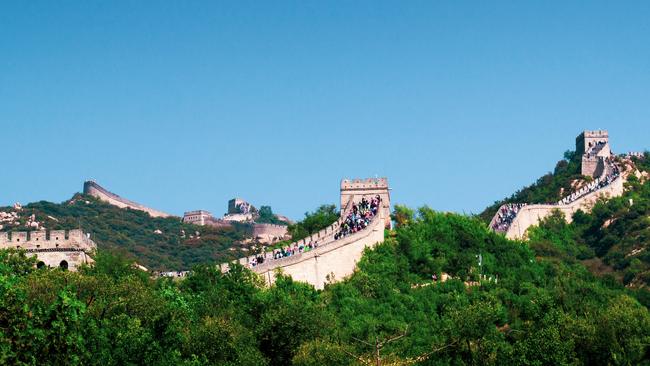
Here is just a brief selection of the questions China’s authorities want answered as they consider whether or not to let you into their Leninist one-party state: your home address, your occupation, your birthdate; your parents’ home address, their occupations, their birthdates; your children’s home address, their occupations, their birthdays; whether any of the said relatives, or other close relatives, live in China; the flight you will arrive on, the flight you will depart on; each location, down to county level, you intend to visit in China, and the dates you intend to do so; whether you have a serious mental disorder or infectious disease; whether you have ever served in the military; whether you have “any special skills in the field of firearms, explosives, nuclear devices, biological or chemical products”; whether you have ever been a member of “any paramilitary organisations, civilian armed units, guerrilla forces or rebellion organisations”, and – how China in 2023 is this? – if you have ever “belonged to, contributed to, or worked for any professional social or charitable organisations”.
Sources familiar with the matter tell me it wasn’t my answers to any of those questions that scotched my application. The hold-up is systemic.
Beijing remains unwilling to let Australian journalists into the country – even on short-term visas. Our applications for long-term visas, some first requested in 2020, continue to gather dust. “It’s very difficult to apply for a journalist visa right now,” a source in the Chinese government told me.
I don’t blame the Chinese government for distrusting us. It makes perfect sense that a supremely illiberal organisation is threatened by the liberal journalist tradition. The Party doesn’t allow Chinese journalists to do their work freely – why would it make an exception for foreign journalists?
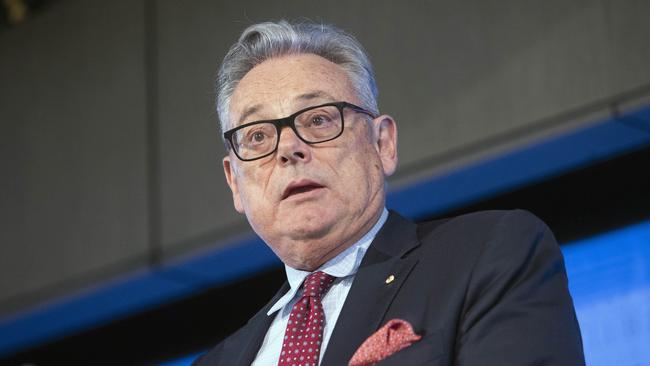
I can also understand why the Australian government isn’t doing anything to advocate for our return. Canberra sees us as consular disasters-in-waiting. Is that a surprise when Australian citizens Cheng Lei and Dr Yang Henjun, a state media broadcaster and political writer respectively, remain in prison in Beijing?
Former China ambassador Geoff Raby says if Australian journalists were based in China it would “give texture and colour” to our reporting. That’s true, although it would also limit the “texture and colour” of our reporting about our new bases in Taiwan, Japan, Singapore and, for a while there, South Korea.
However, Raby, now a China-focused business consultant, was muddled when he wrote recently that Australians were denied such textured, colourful reporting because our media is too “timorous” to be present in China. We are not in China for the same reason that no Canadian media are in China: Beijing won’t give us visas. Our bravery, or lack of it, has nothing to do with it.
Does our absence matter, considering the woeful reporting environment? Certainly it profoundly limits Australia’s reporting on China. It also worsens China’s already stunted relations with the world, a point not lost on many in the country’s intellectual community.
A four-night trip to Beijing to cover a soccer game was hardly going to fix that problem, but that the “relevant authorities” in China denied even that says a great deal.
Relations with China have modestly improved under the Albanese government, to the point where the Socceroos have been allowed to visit. But Beijing’s banishment of Australian media from that same event confirms our relationship with China remains a long way from normal.


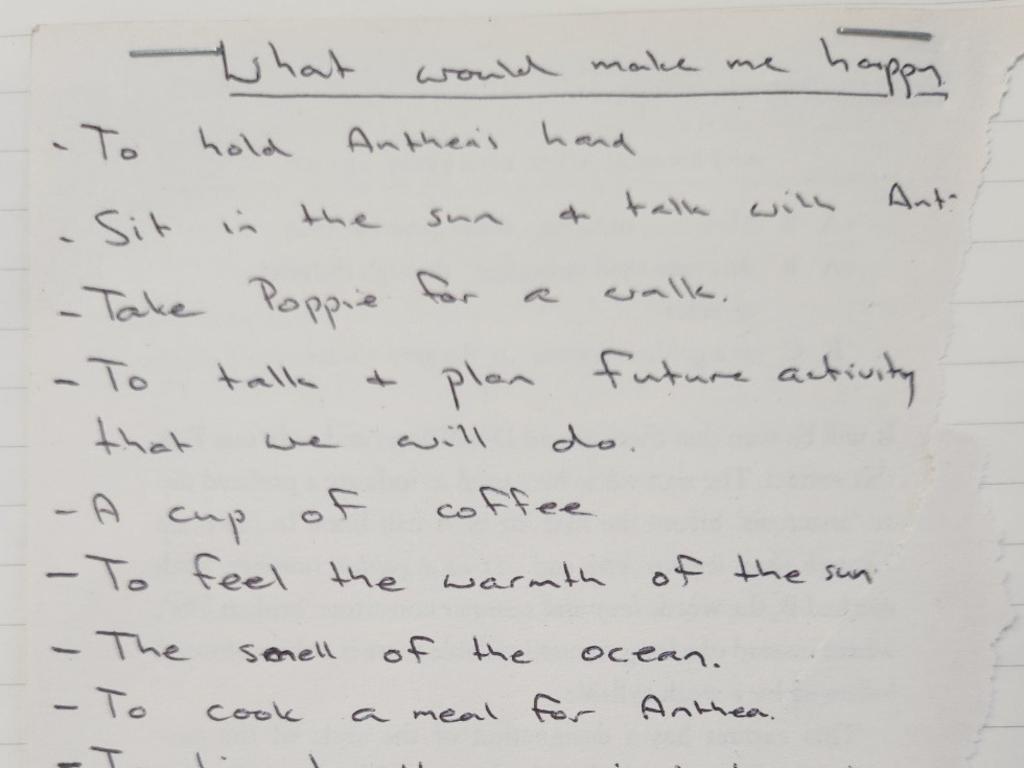
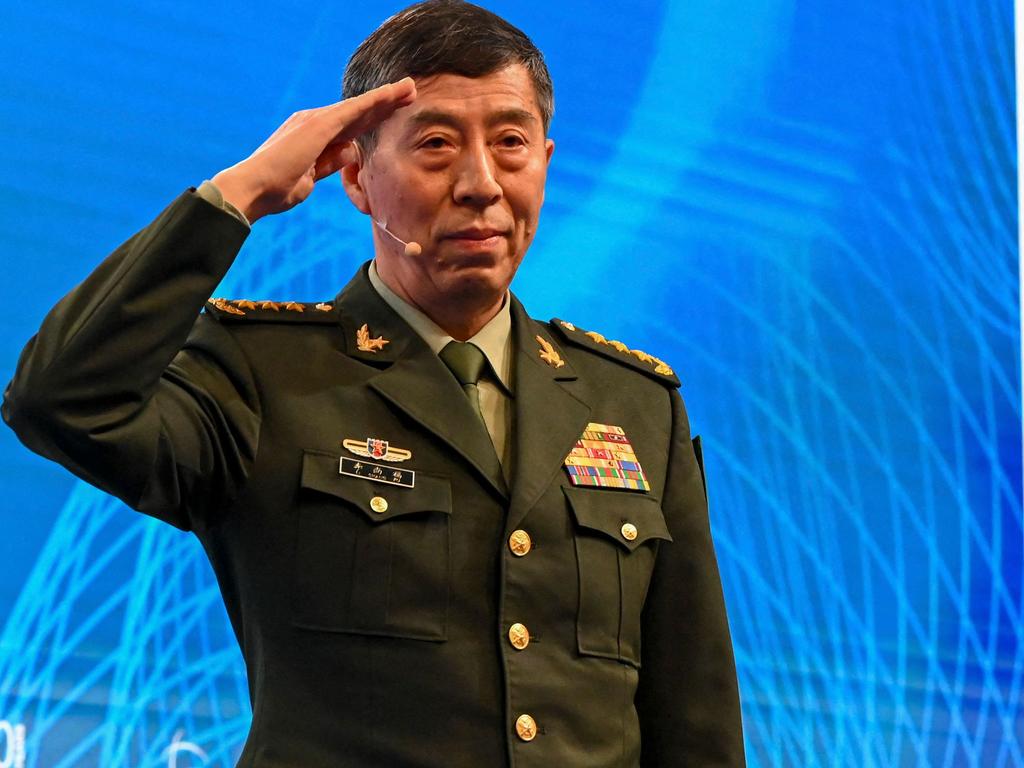
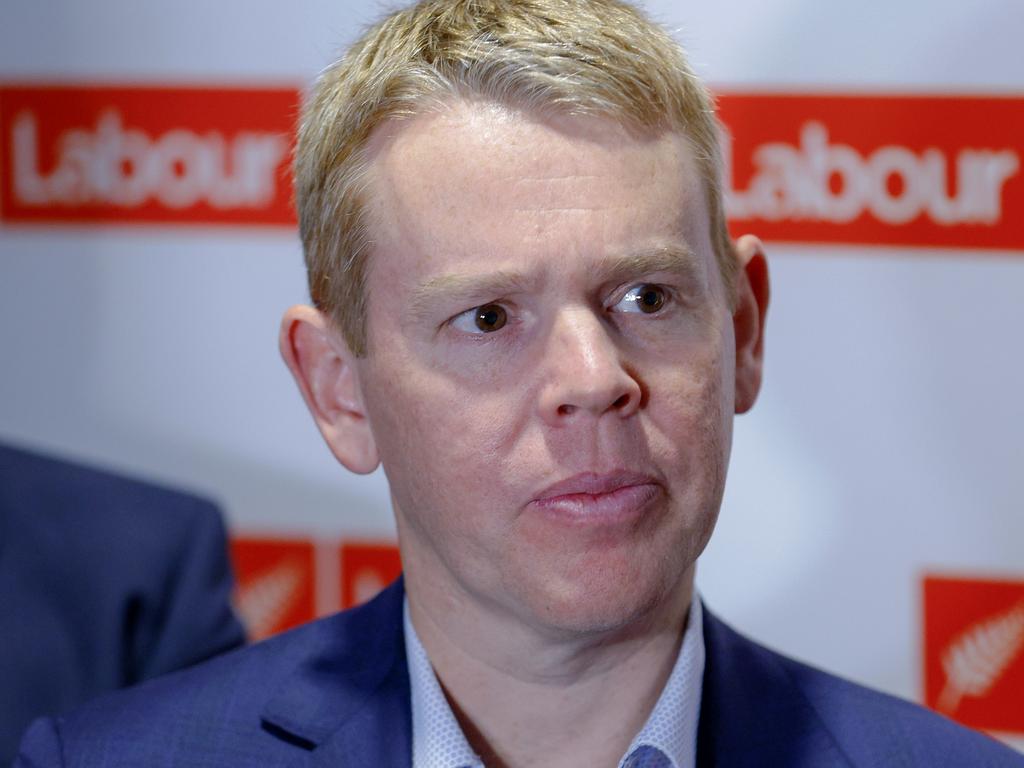
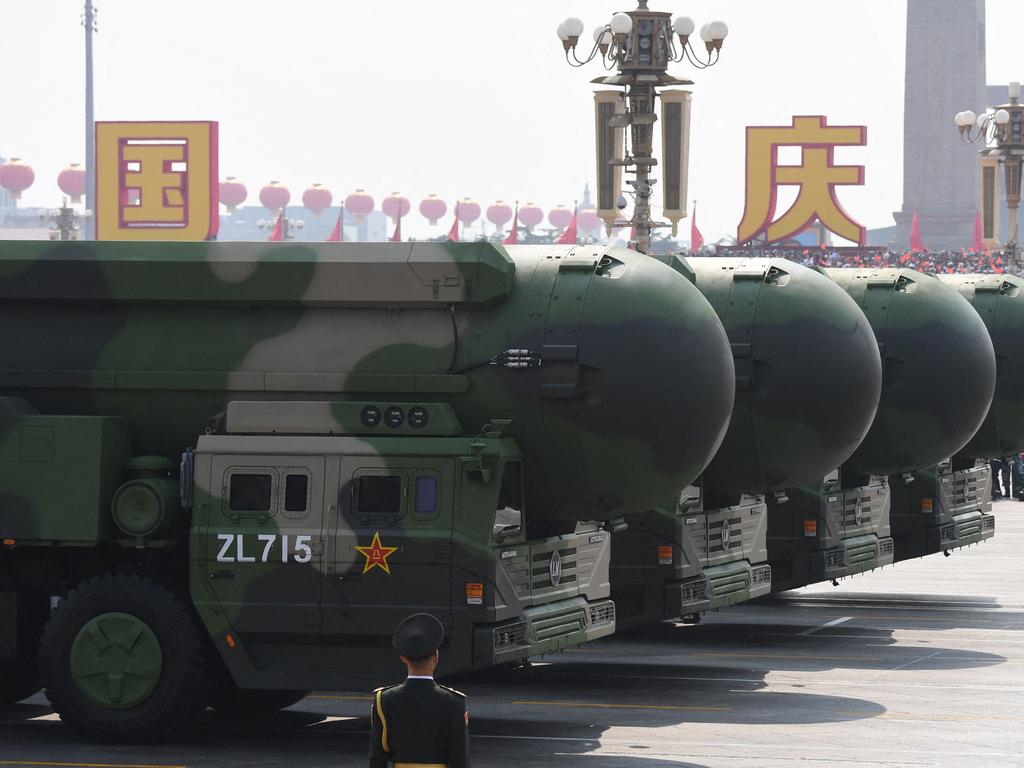


Why aren’t there any Australian journalists in China right now – and does it matter?